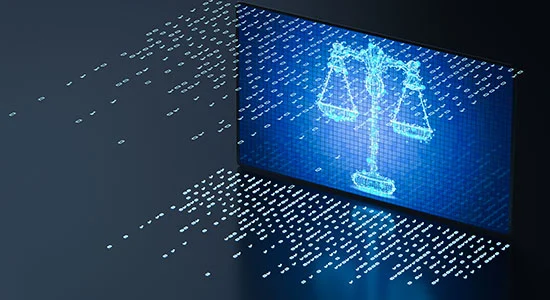Brazil’s government, led by President Luís Inácio Lula da Silva, is actively engaging with G20 members to discuss digital platform regulation.
These bilateral consultations aim to gauge the positions of various countries and understand their concerns and areas of support.
This initiative reflects Brazil’s commitment to addressing global digital challenges.
The initial dialogues revealed significant resistance, particularly from the United States and China, highlighting the complexity of the issue.
This resistance stems from various national perspectives on data governance, digital trade, and fundamental rights like freedom of expression.
Brazil recognizes the importance of formulating a proposal that both major powers can accept for meaningful progress in the G20 discussions.
Since Lula took office, Brazil has been exploring ways to combat misinformation.
The government’s approach includes national strategies, such as proposing laws that have elicited strong reactions from digital platforms.

Additionally, Brazil has launched public awareness campaigns on vaccination and media literacy.
Brazil understands that a solitary national solution is not viable due to the global nature of digital networks.
Consequently, the government sees the G20 as an ideal platform to bring this issue to the international forefront.
In its efforts, Brazil emphasizes the risks of unchecked digital platforms, including the spread of violent extremism and its destabilizing effects on politics and economies.
Foster global awareness about effects of misinformation
One of Brazil’s key objectives for its G20 presidency in 2024 is to foster global awareness about the effects of misinformation.
Inspired by the UN’s IPCC model, Brazil aims to collect data on the impact of misinformation on health, democracy, and economic stability.
This data could then guide collective international action.
Another goal is to ensure the topic remains a permanent fixture on the global agenda, leading to a common framework for global action.
Brazil is seeking partnerships with organizations like UNESCO, renowned for their work on social media and free speech issues.
Upcoming meetings in São Paulo and at a UN summit in New York will further these discussions.
João Brant, Brazil’s Secretary of Digital Policies, stresses the wide-ranging impact of misinformation on economic trust and societal stability.
He also highlights the current imbalance of power between nation-states and big tech companies, underscoring the urgency for democratic digital platform regulation.

